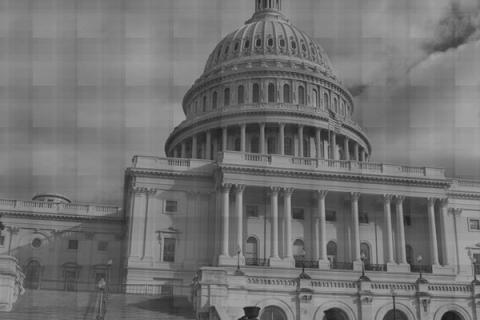Sacramento’s impotence in the face of national e-tailers such as eBay and Amazon, and Washington’s in the face of the Tea Party, is a Tale of Two Cities for the 21st Century.
California’s efforts to tax Internet sales are gaining little support from a public that loves shopping tax-free on the Internet, or from courts and regulators that are likely to rule against states' rights to tax consumers differently for interstate commerce. So the effort to bring in a modicum of extra tax revenue will have angered California taxpayers, created a legal and regulatory morass, and cost the state more than it has gained.
On a parallel track, GOP insiders have gone into panic mode about their Tea Party brethren whose “patriotic” approach to governing is seemingly to bludgeon the nation with the power of their two-year terms. Their short-range thinking could well take down the national and world economies and destabilize weak and on-the-edge countries, at least according to some experts. Republican 2008 standard-bearer John McCain spoke out forcefully this week telling his colleagues how foolish they look continuing to support an un-passable balanced-budget amendment as part of the debt ceiling legislation. As if to prove McCain's point, one of the Tea Party faithful offered legislation to lower rather than raise the debt ceiling this week.
Do Tea Partiers even realize that we are trying to pay existing bills, not legislate new expenses? And that paying our debts is mandated in the Constitution’s 14th Amendment? And that a fairly significant chunk of these debts has been built up through unbudgeted wars we have been fighting since the tragic attack on our country on September 11, 2001?
California’s attempt to bring in more money by taxing sales on Internet retailers won’t amount to a hill of beans in terms of attacking the state’s deficit problem. It is only expected to bring in $317 million. The real reason for this action by the California legislature is the desire of brick and mortar retailers in the state to hurt Internet competitors. But local retailers are “spittin’ in the wind” trying to find ways to avoid the inevitability of competition from e-tailers. They need to use the natural advantages that face-to-face sales opportunities can bring with innovative techniques. Wal-Mart and Costco have proven that brick and mortar retailers can survive by giving customers the service and pricing that they want, and combining it with their own Internet access.
While Sacramento and Washington fight over issues that appear to do more to harm constituents than help them, important work gets left behind. Crumbling state infrastructure, resolutions to our budget issues and resolving our continuing water distribution problems are among the issues far more important than sales taxes on Internet retailers.
On a national level, we’re seemingly ignoring the desperate need to help boost our economy, streamline our entitlement programs and bring our healthcare costs down to levels at least comparable to other developed nations. But we are too busy fighting over principles, ideals and political ideologies to pay attention to the real world. Perhaps, when all the fighting ends, both the state and the nation will be in a position to repeat Sydney Carlton’s immortal words from “Tale of Two Cities:”
“It is a far, far better thing I do than I have ever done before….”

